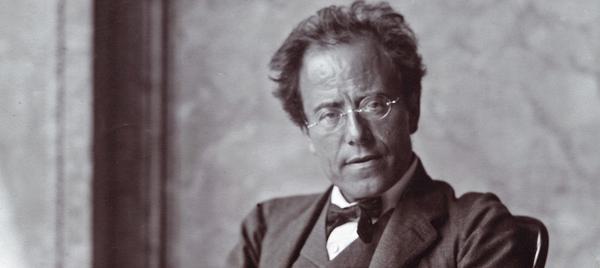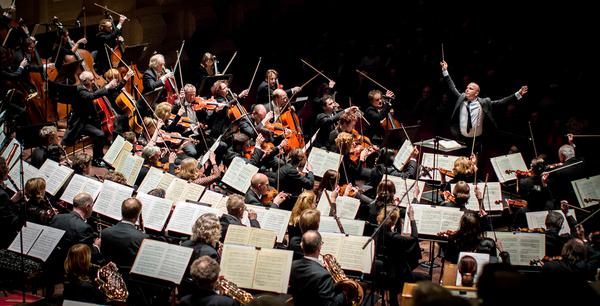
News Story

Gustav Mahler was born an outsider.
As a German-speaking Jewish child from a Bohemian village in the Austro-Hungarian Empire, Mahler was unpopular among both the Jewish community for his Austrian citizenship and the Austrian community for his religious beliefs.
He was born into a family with an abusive father and fourteen children, five of whom died when Mahler was a boy. From an early age young Gustav wandered the surrounding countryside alone, soaking in the indeterminate sounds of nature. In his village, he was exposed to the conflicting sounds of both Jewish folk music and the military throng of the neighbouring barracks.
This upbringing, diffused with death, exile and eclectic culture, goes a long way towards explaining the music he would later create.
Gustav Mahler wrote nine – almost ten – symphonies and several song cycles with orchestra. Each of his works is vast in both length and scope, and nowadays they seem to cast a towering shadow over the classical repertoire.
Because of this, it’s easy to forget the human being behind the work – who was once a lonely boy, exploring the Bohemian forests with eyes that had already seen too much.

At this year’s International Festival, we will experience Mahler’s final three musical works. In the first of The Queen’s Hall concerts, the Australian Chamber Orchestra – led by Richard Tognetti – will perform Das Lied von der Erde in a special arrangement made by Mahler’s friend Arnold Schoenberg. Meanwhile, in the Usher Hall, the Swedish Radio Symphony Orchestra and Daniel Harding play Mahler’s Ninth Symphony and Yannick Nézet-Séguin performs the unfinished Tenth Symphony with the Rotterdam Philharmonic Orchestra.
All three works were written at a time of intense drama and sadness in Gustav Mahler’s life. Within the space of a year, Mahler had resigned as Principal Conductor of the Vienna Court Opera (a role he was renowned for as much as a composer), his daughter died from diphtheria and he himself was diagnosed with a dangerous heart disease.
More than anything, Mahler was concerned with capturing the conflict of human joy and sorrow in his music. In these concerts, we will hear a man struggling to reconcile the wonders of the world with the purpose of life in the face of crushing tragedy.
Mahler’s is fallible, human music that remains relevant in a world torn between extraordinary technological leaps, and terrible human suffering.
Photo Credit:
Rotterdam Philharmonic Orchestra © Hans Van Der Woerd